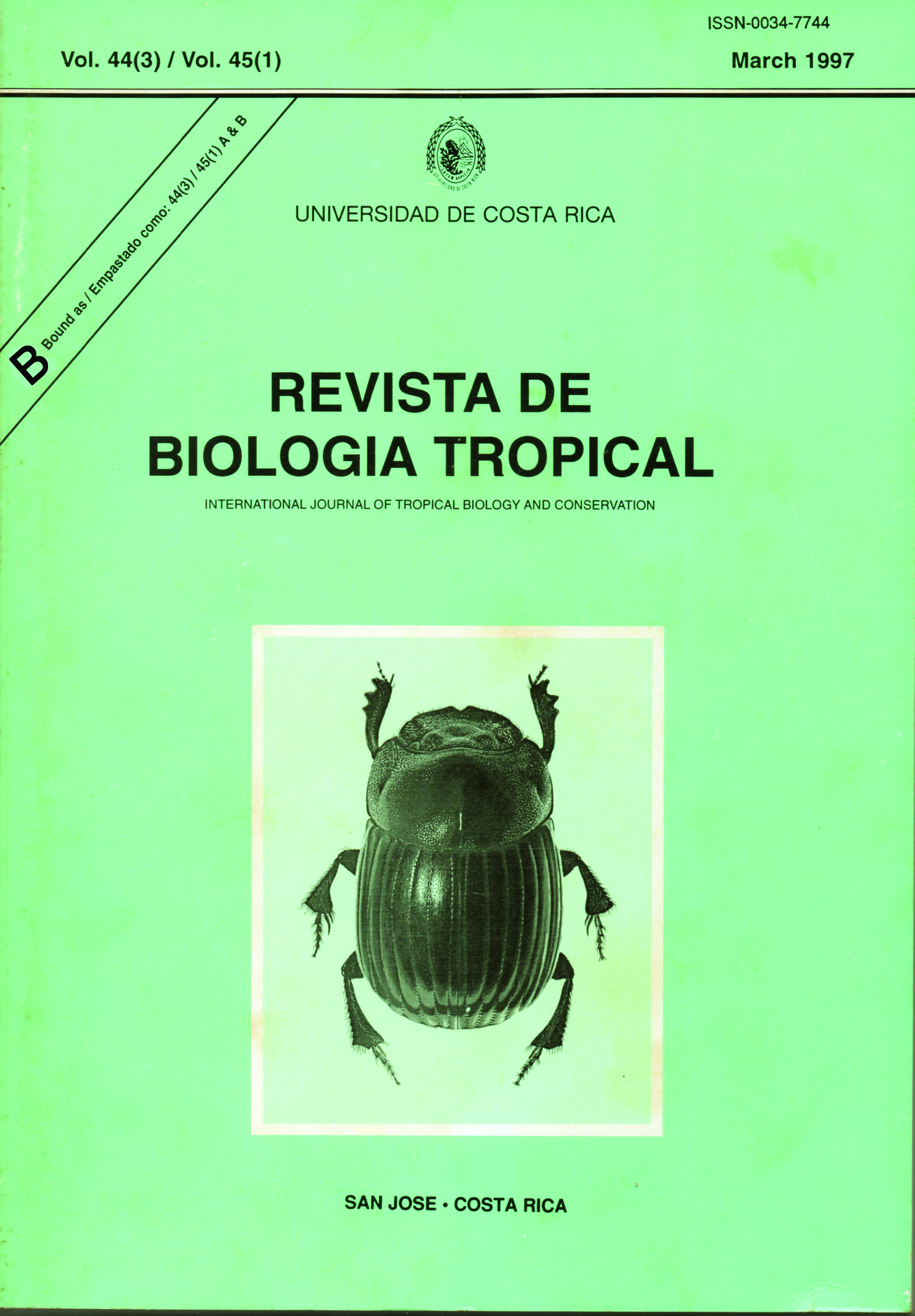Abstract
Seven South American species of the psocid genus Lachesilla are here described and illustrated: L. brasiliensis n.sp. and L. carioca n.sp. (from Brazil, pedicularia group), are c10sely related, differing in the pattern of pigmentation of the ninth sternum, shape of the subgenital plate, and fore wing venation: shape of pterostigma and areola postica, and Rs-M connected by a crossvein in the former, and fused for a length in the latter; L. guayaquilensis n.sp. (from Ecuador, riegeli group) is c10se to L. castroi Thornton & Woo, from which it differs in genital details of both sexes; L. mattogrossensis n.sp. (from Brazil, is tentatively placed in the riegeli group, differing from aH other described species in the group by the subgenital plate, the large gonapophyses and the anterior projections of the ninth sternum; L. picticepsoides n.sp. (from Ecuador, corona group) is close to the Mexican L. picticeps Mockford, from which it differs in the distal apophyses of the claspers, the mesal projections of the epiproct (absent in L. picticeps), the anterior margin of the ninth sternum, and in the shape of the flap of the subgenital plate (triangular in L. picticepsoides and rectangular in L. picticeps); L. teresiana n.sp. (from Brazil, pedicularia group) is close to L. nuptialis Badonnel & García Aldrete, from which it differs in the shape of the subgenital plate and gonapophyses; L. veneper n.sp. (from Venezuela and Perú, pedicularia group), is close to the Venezuelan L. trujillense García Aldrete, from which it differs in fore wing venation and pigmentation, and in the length of the epiproct extensions, stouter, shorter and without distal teeth in L. veneper. The types are deposited in the American Museum of Natural History, New York City##plugins.facebook.comentarios##

This work is licensed under a Creative Commons Attribution 4.0 International License.
Copyright (c) 1996 Revista de Biología Tropical
Downloads
Download data is not yet available.


